Last weekend at a Cal Corps conference, Dr. Antwi Akom (one of the most inspired and inspiring individuals I have ever met) spoke about community service. He made two main points that have since been resonating in my head. He began by emphasizing that if your intent is to really make a substantial, sustainable difference in a community, you must make a commitment to serve. Volunteering should be thought of as “community commitment” rather than community service. When it comes to initiating change, good intentions can often do much more harm than actual good. While university students are often busy with classes, extracurricular activities, and social events, many of us are involved with some kind of community service activity, but very few of us fully comprehend the impact on our community - not only when we ‘show up’ but also when we don’t.
Kim Turner, the ‘Kids Rock’ after school program coordinator at Hoover Elementary School in Oakland, CA, gave an example of when good intentions that lack commitment can be counterproductive. As a component of the ‘Kids Rock’ program, elementary school children are paired with college student mentors. While encouraging and reliable role models have positively affected many of the children at Hoover, Ms. Turner described instances when mentors must have decided that something was more important than their ‘community service project’ because they just didn’t show. No one should have to be put in the position of explaining why to a 3rd grade child who is waiting for his mentor.
Listening to her speak, I kept thinking about Lumière, a four-year-old girl at The Dan and Sarah Foundation (an organization which cares for orphaned and disadvantaged children in Cameroon). I was placed there to volunteer for two days during our stay in Yaoundé. While I know the children enjoyed playing with us and our help with cooking was greatly appreciated, I couldn’t help but think - playing with these children for an afternoon or two would probably have very little, if any, effect on their lives. By the second, and last day of our volunteer work, I had become emotionally attached to Lumière (her name meaning ‘light’ in French), who had permanently fastened herself to my hip. “Are you coming back tomorrow?” she asked. I shook my head. No. I wouldn’t be coming back tomorrow, or the day after. The smile on her face disappeared and she clung tightly to my leg. I bent forward to give her one last hug. She kissed my cheek and waved goodbye as she ran off with her friends.
As our bus drove away from the orphanage, my stomach tightened. Not because it was hard to leave the children, which it was, but because they seemed so used to having to say goodbye. No child should be used to having people suddenly come into their lives, give them all of the attention and love in the world, and then just as suddenly leave. These kids don’t expect commitment, and while I realize it’s a coping mechanism that is both important and necessary, the loss of this kind of childhood innocence is difficult for me to accept. Which brings me back to the idea of asking, ‘how important is this cause to me and what kind of commitment am I willing to make?’ which is a question I’m still struggling to answer.
The second point that Dr. Akom made, was that in order to really understand someone from a different background we must first “decolonize our own minds.” In order to make a difference in someone else’s community, you must recognize that you are only a visitor. “You are not the experts, they are”. Your mind must be cleared of any and all preconceptions. The only way to understand and assess a community’s needs is to listen to those who are actually facing the challenges every day.
When you are a visitor in a foreign neighborhood, community, or even country, it’s important to know how the community is viewing you. In order to do this, Dr. Akom began asking people from underprivileged communities what questions they had for strangers coming into their community to do research/ service. These are some of the common questions the community had for volunteers…
Whose research is it?
Whose interest does it serve?
Who is benefiting?
How will the results be disseminated?
Is your own spirit clear?
And finally…
Where is your heart?
When he finished reading the list, he urged us to "remember that presence is profound.”
Saturday, August 25, 2007
Subscribe to:
Post Comments (Atom)

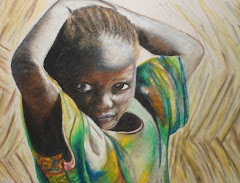
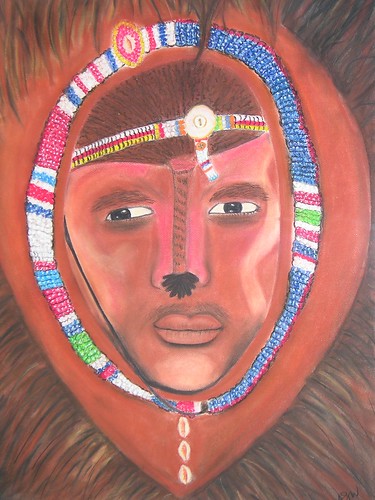

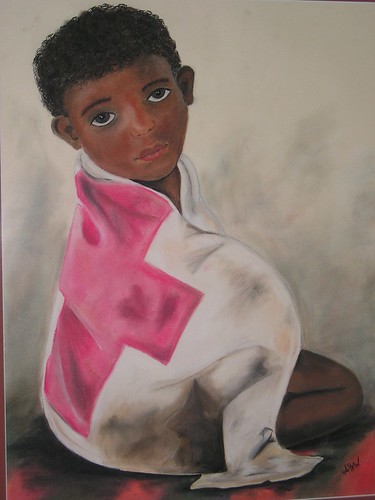
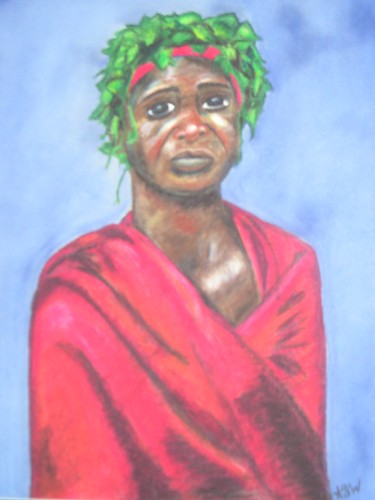


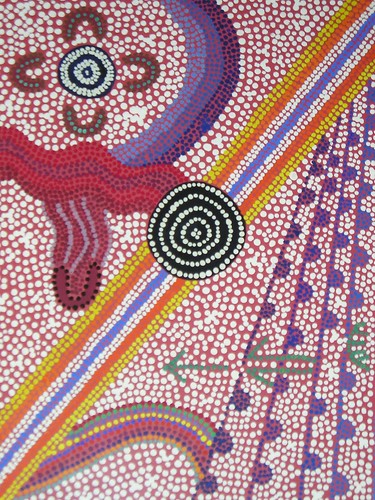



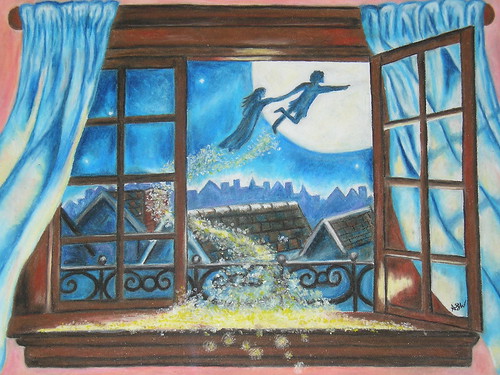

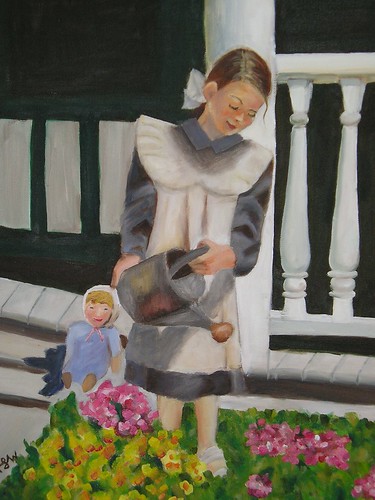
No comments:
Post a Comment